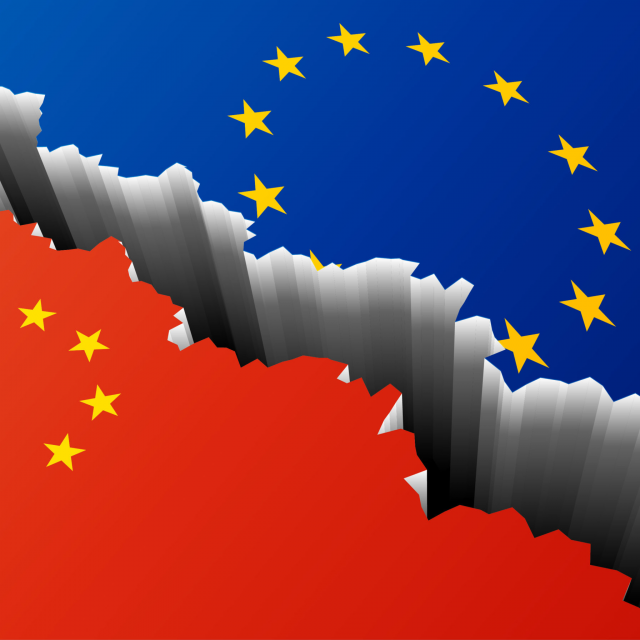Last week UK Chancellor Jeremy Hunt unveiled an emergency budget to plug the £55 billion black hole in the nation’s finances. He accepted that the last seven years of growth would be erased and that the country will remain in recession for up to two years., writes Philip Bushill-Matthews .
In the circumstances he had little choice, but his choice of words was revealing: he laid the blame for the problem on worldwide headwinds in general and Putin’s war in Ukraine in particular. It was a ‘recession made in Russia’.
The same week economic indicators from other western European countries, facing identical headwinds, showed all had already recovered to above pre-covid levels of economic health. The UK was the only one which had failed.
The same week it was announced that the Paris Stock exchange, long a distant second to London, had now overtaken it.
The same week a former cabinet minister admitted that the trade deal recently signed with Australia was a bad deal for British farmers, but that the UK Government had been so desperate to find news about promised Brexit benefits that any deal was better than none.
The same week a YouGov opinion poll in the UK indicated that the 56% of the British public now believe that Britain was wrong to leave the European Union and as many as 19% of those who voted to leave now agree that this was a mistake.
Jeremy Hunt never mentioned any of this. He even repeated the aspiration to become a science superpower, although now the UK is locked out of the EU Horizon research programme many of our best scientists are leaving.
Originally an ardent Remainer but now apparently reborn as a Brexiteer, Hunt could not admit the real reason for the size of the black hole: Brexit reduced the size of the UK economy by 4%, and reduced the annual tax take by some £40 billion. Among Conservatives there is a conspiracy of silence: the ‘B’ word may not be spoken. A hard Brexit was now the only truth, and no challenge would be permitted.
There was a brief suggestion floated over the weekend that the Government might consider a Swiss-style arrangement with the EU. This was promptly squashed by Sunak under instructions from his hard-line controllers, saying that this would require the UK to accept freedom of movement of EU citizens and the referendum had clearly voted against this.
There may be differing views about why some people voted the way they did, but there should be no argument that Brexiteers were convinced by Boris Johnson’s promises that they could have their cake and eat it: there would be no downsides, and a cascade of freedoms would soon appear with major trade deals with India, China and the USA. With such a ‘gilt-edged’ prospectus it is surprising that the margin of victory was so small. The people never voted for the Boris version of hard Brexit which has cut UK manufacturers out of key supply chains within the EU, and self-inflicted red tape for UK businesses including service providers as they grapple with the extra challenges of being outside the single market.
Abraham Lincoln famously said: You can fool all of the people some of the time, and some of the people all of the time, but you cannot fool all the people all of the time. Boris Johnson certainly fooled the British people big-time with his fantasy referendum campaign, but it propelled him to the premiership which was his primary objective. Mission accomplished.
The Conservatives’ stance is understandable: their political survival depends on their ability to keep on fooling the British people that they voted for a hard Brexit. The silence of the Opposition simply allows this fiction to prevail.
Labour’s current pledges include abolishing the House of Lords and tax exemption for non-doms residing in the UK. LibDem pledges include giving more help to vulnerable people. None of these worthy ideas will create economic growth. Both opposition parties studiously avoid advocating building back bridges with one of the largest and most powerful economic blocs in the world which just happens to be on our doorstep. Both appear paralysed with fear that such policies would be caricatured as trying to overturn the referendum result and betray the British people. This is of course total nonsense, but is a sad sign of the current state of UK politics: how a policy might look is more important than what a policy could achieve. There can be no significant growth with so many barriers to growth baked into the Conservatives’ current anti-EU ideology. This should not remain unchallenged.
Keir Starmer and Ed Davey should recognise that being a Leader is not just a title: it should define a mission and confirm a skill. Abe Lincoln had it: it is called Leadership.

The Author, Philip Bushill-Matthews, is Former Leader of the British Conservatives in the European Parliament.




